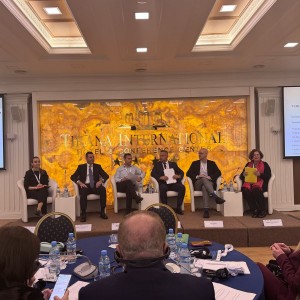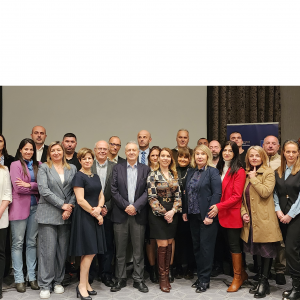News
28 April 2023 |News
RCC ESAP 2: Moderate progress of the Western Balkan economies regarding the European Pillar of Social Rights

Family photo Day 1: Participants of the ESAP 2 hybrid event Western Balkans 4 Decent Working and Living, Skopje, 27-28 April 2023 (Photo: RCC ESAP2/Stefan Bozarov)

Family photo Day 2: Participants of the ESAP 2 hybrid event Western Balkans 4 Decent Working and Living, Skopje, 27-28 April 2023 (Photo: RCC ESAP2/Enki Cokaj)
RCC’s ESAP 2 project brought together its partners for a two-day event, held in a hybrid format, to deliberate on employment and social issues.
(Sarajevo/Skopje) - The Employment and Social Affairs Platform 2 (ESAP 2) project of the Regional Cooperation Council (RCC) presented the 2022 edition of individual economy and regional overview reports on performance of the Western Balkan (WB) economies regarding the European Pillar of Social Rights (EPSR) at the two-day hybrid event „Western Balkans 4 Decent working in living“, which concluded in Skopje today.
Sinisa Marcic, Senior RCC Expert on Human Capital Development opened the event on behalf of the organisation. „Low labour market participation, high unemployment rates, especially for young people, high rates of long-term unemployment and informality are chronic problems of the Western Balkans. This was again confirmed in the 2022 series of EPSR review reports. We see the progress in the legislative frameworks and their continuious aligninment with the EU standards. However, their implementation is lagging behind. There is still a lot of room for improvement in many segments to achieve the European standards of decent working and living“, said Mr Marcic.
The reports showed that up to 40.4% of young people in the region is not in employment, education of training (NEET). Even the lowest rate recorded in the WB is significantly higher than the EU average rate of 13.1%. Gender employment gap in the WB economies goes up to 29.4%, which is far from the EU average of 10.8%.
Bernd Wild, from European Commissions Directorate-General Employment, Social Affairs and Inclusion (DG EMPL) reflected on the 2023 European Year of Skills stressing that the 77% of European companies report problems in finding staff with adequate skills. „Promoting investment in training and upskilling will enable people to stay in their jobs or find new ones, and the best way to ensure that the skills available match the needs of employers is by closely cooperating with social partners and companies”, said Mr. Wild.
Ratka Babic, Acting Team Leader of the RCC ESAP 2 project presented the updated Western Balkans' Social Scoreboard adjusted to the new Eurostat methodology: „The Social Scoreboard presents latest data in the WB in regards to the 20 EPSR principles. Unfortunately, many data are missing, which represents a big challenge in the region as reliable and comparative data would allow for analysis and better targeting of both labour market and social”.
The first day of the event was summed up with the panel discussion Social Rights from Different Angles discussing vocational skills, new skills and current skills miss-match, occupational safety and health, employment opportunities and social inclusion of the vulnerable societal groups. The panelists unanimously agreed that disabled persons, Roma, youth, and women remain the most vulnerable groups in the WB. Despite affrmative legislation frameworks, a lot needs to be done to improve position of these groups in WB societies, they concluded.
The second day of the event was dedicated to the work of the regional Western Balkans’ Network for EU Acquis Chapters 2 and 19 and discussed Youth Guarantee, WB’s mobility agreements including mutual recognition of professional and academic qualifications. Additionally, the Network discussed overal economies’ performance regarding the EU-accession reflecting on the Chapters 2 and 19 in particular, which was followed by an open space for partners to hold bilateral meetings.
The event, organised by the RCC ESAP 2, gathered over 40 representatives of partner institutions and organisation from WB economies coming from the ministries in charge of employment and/or social affairs, representatives involved in Chapters 2 and 19 alignment with the EU, EU DG EMPL, International Labour Organisation (ILO), European Training Foundation (ETF), and other guests.





